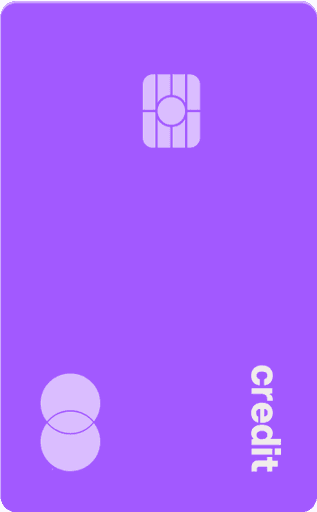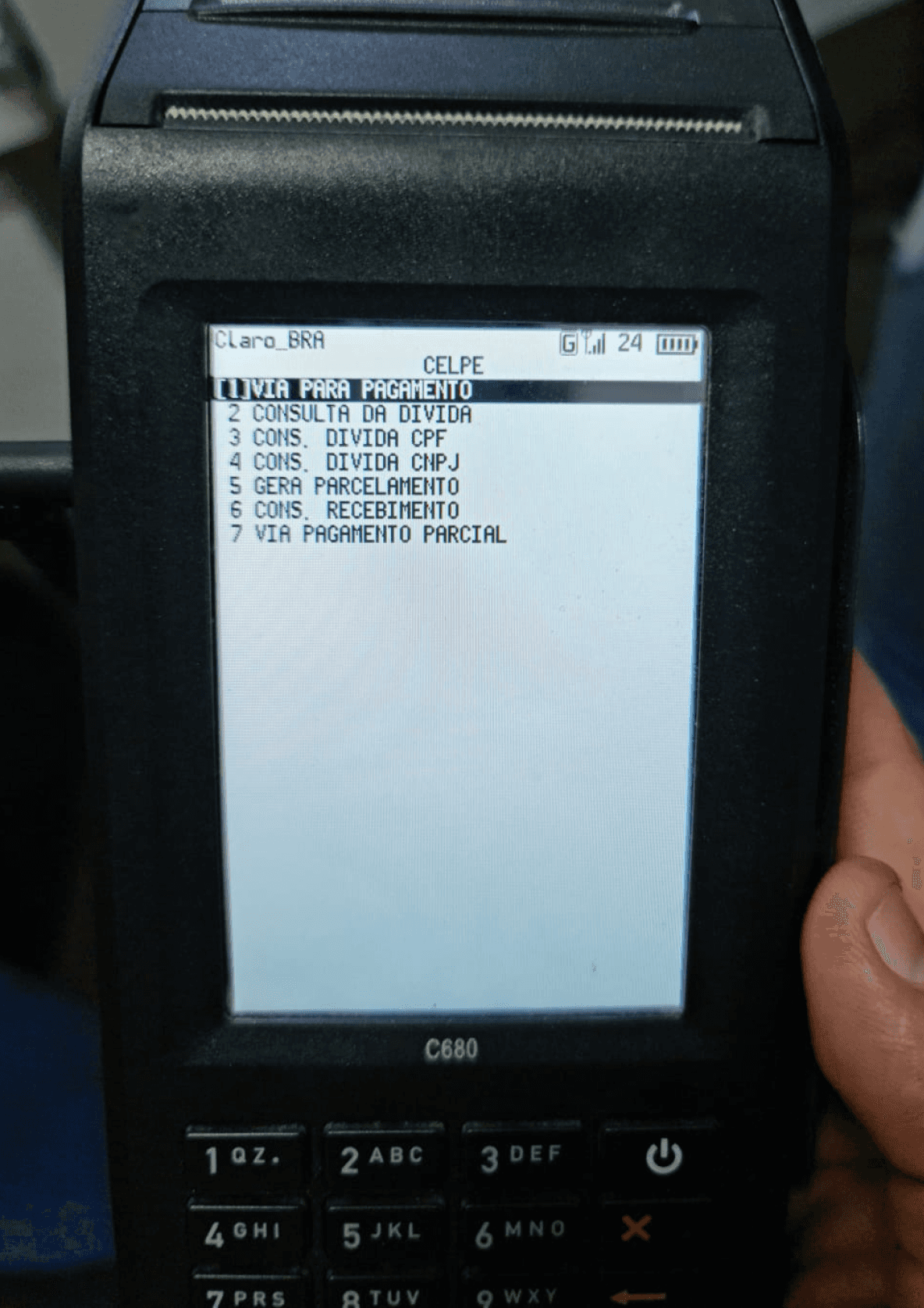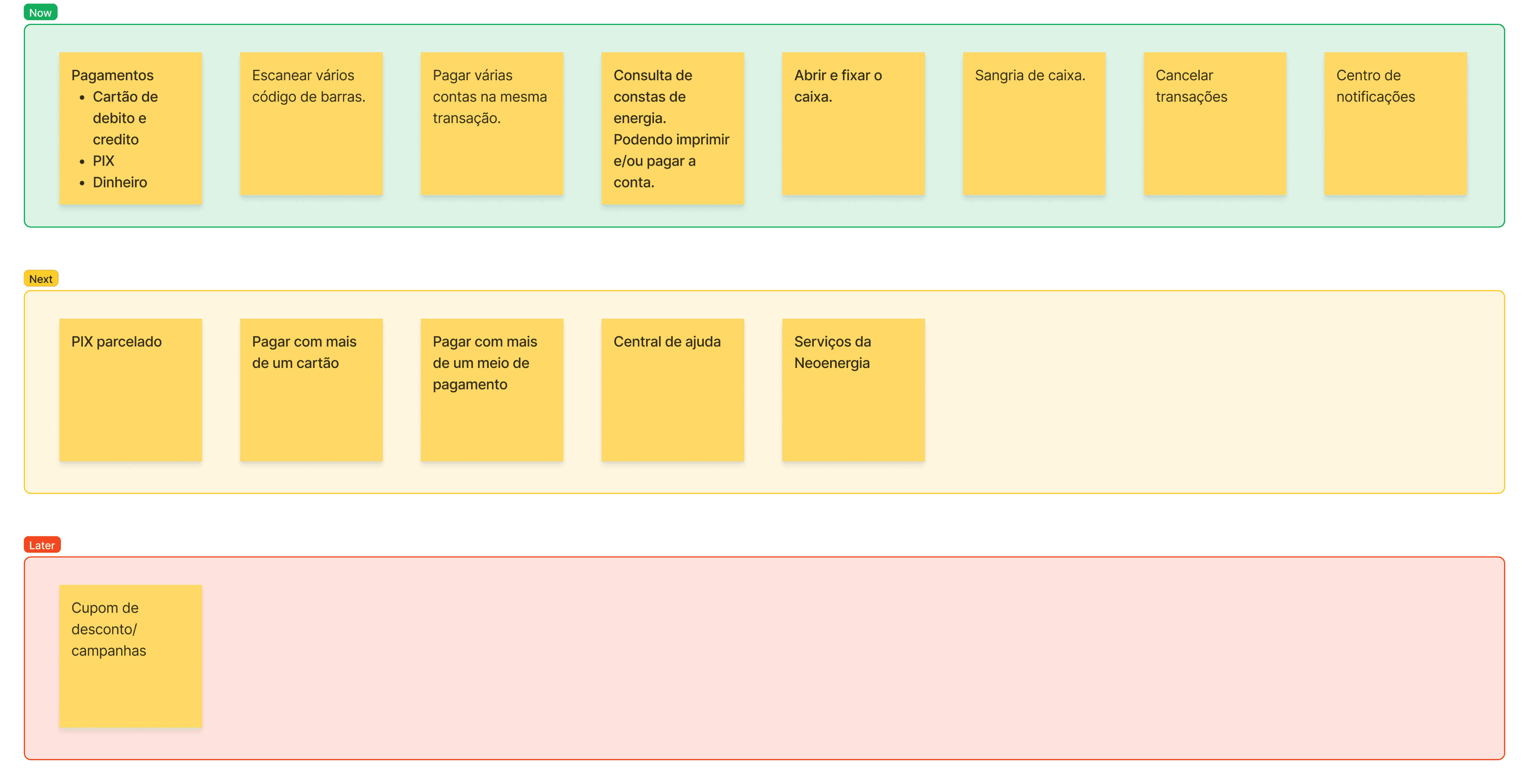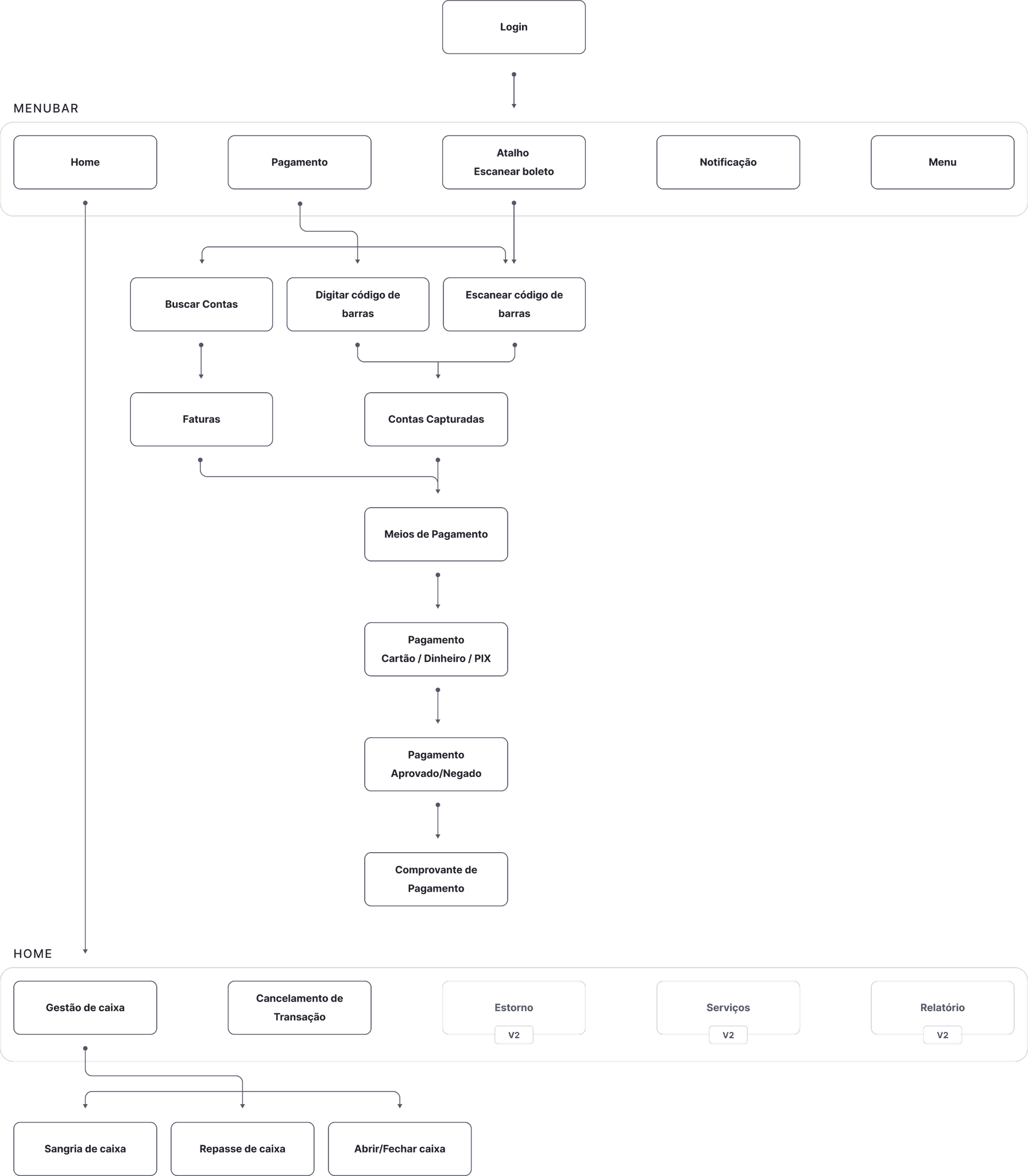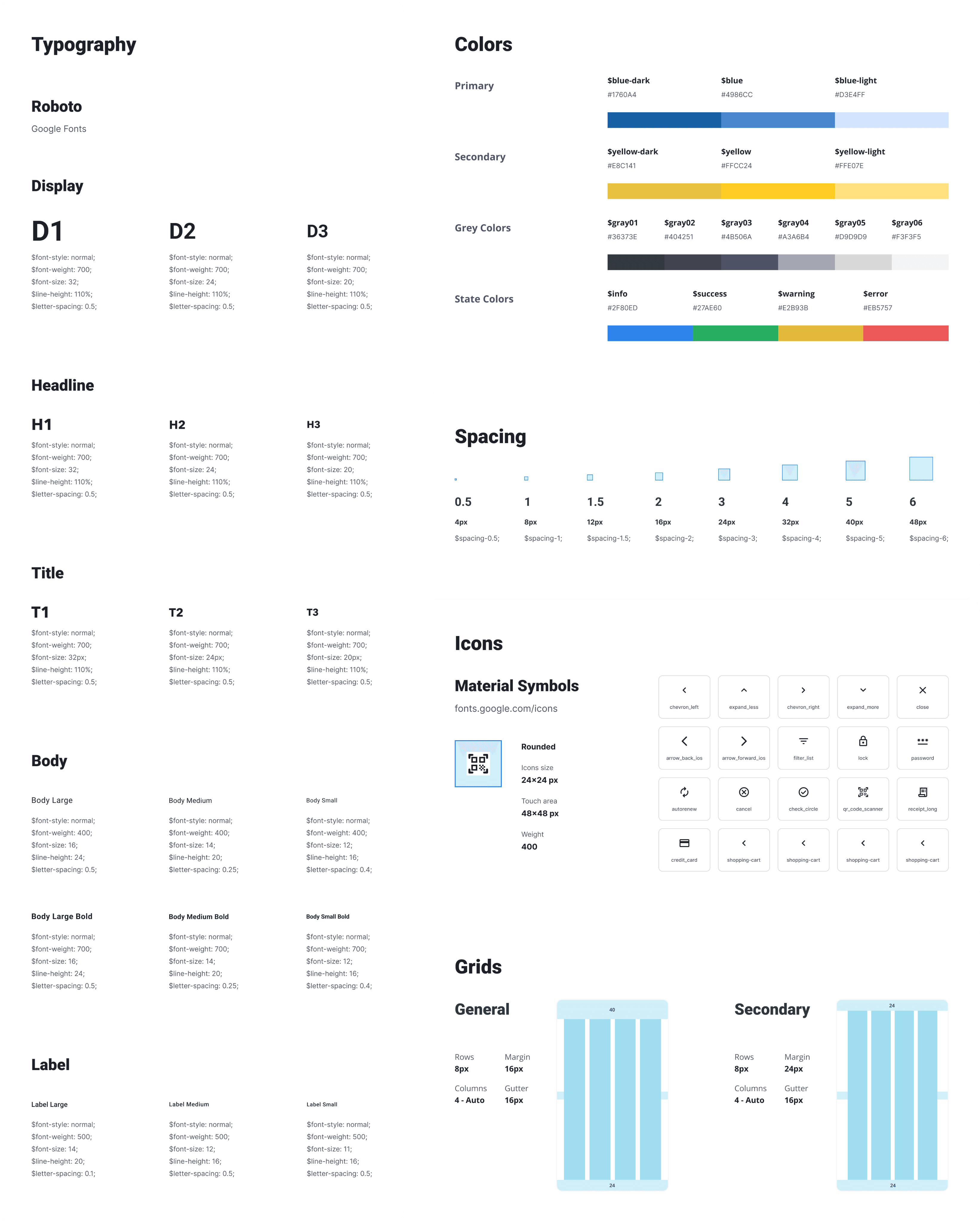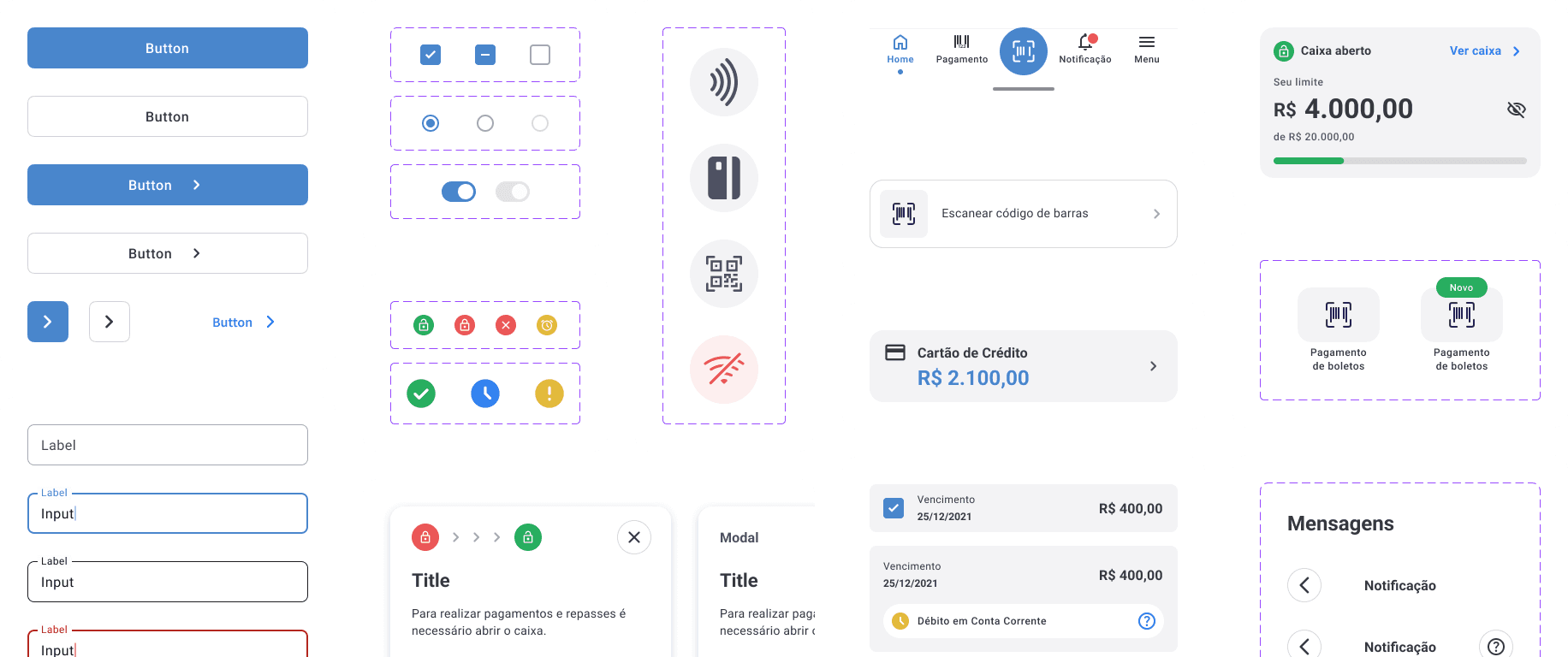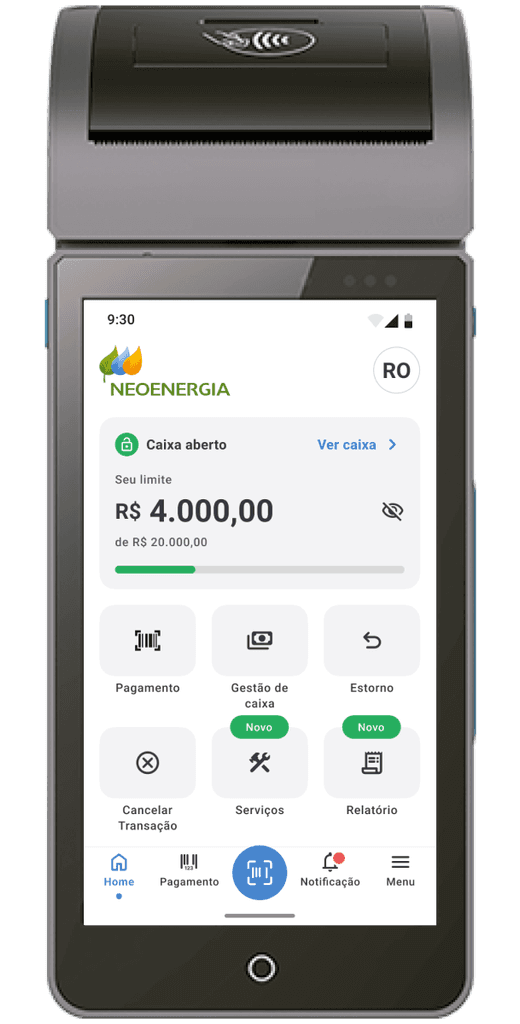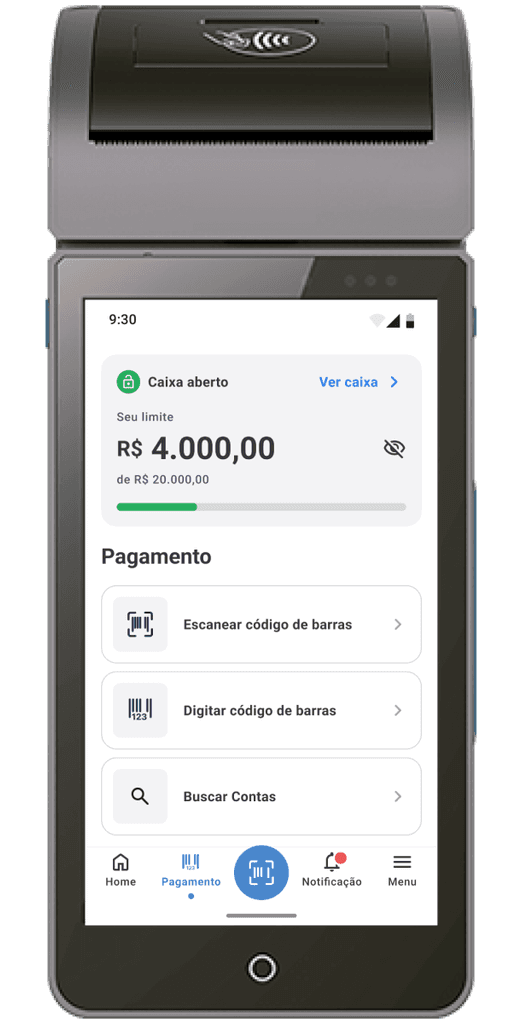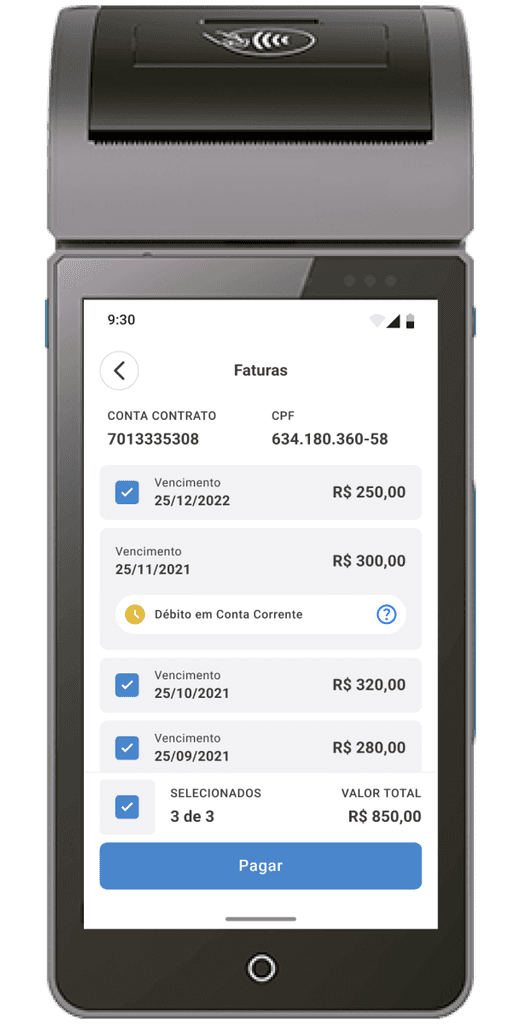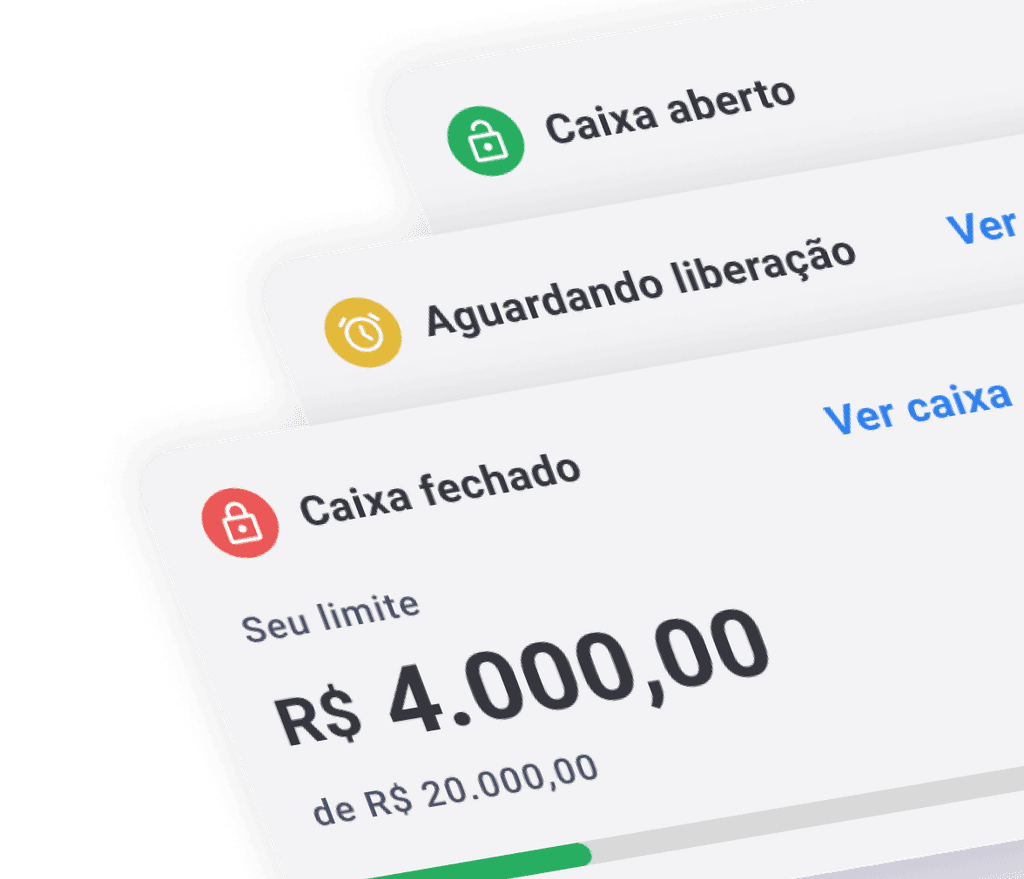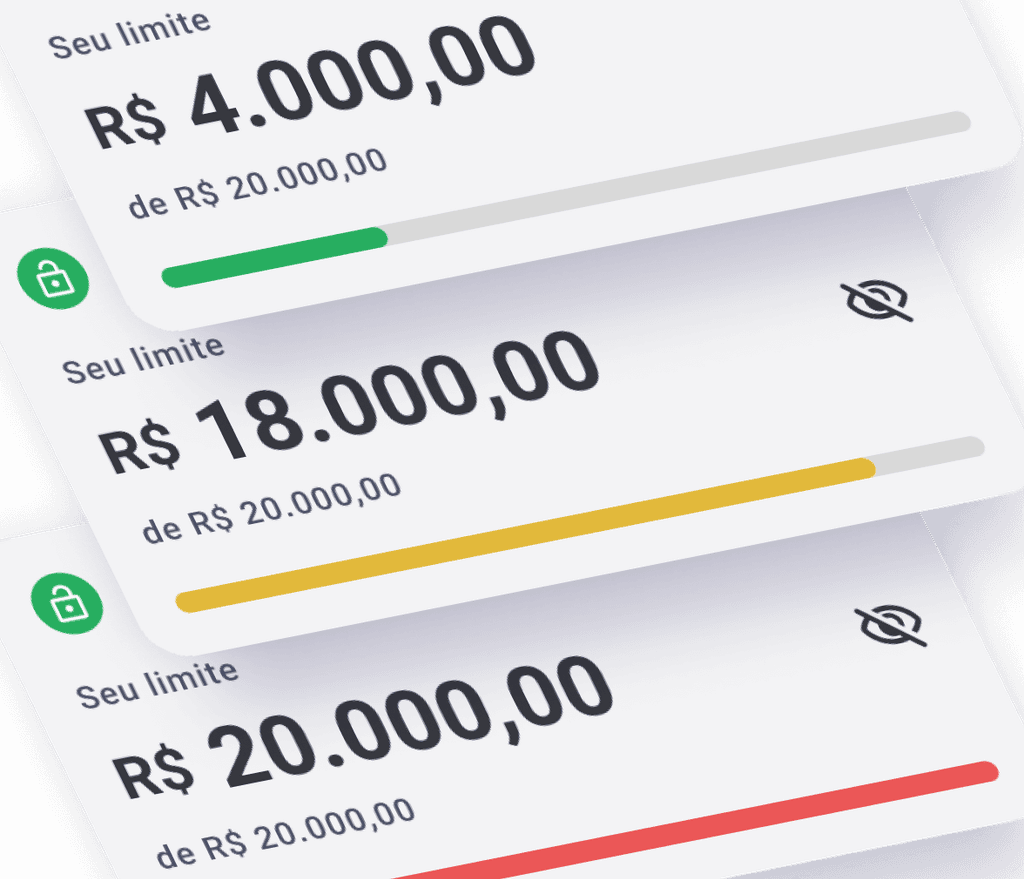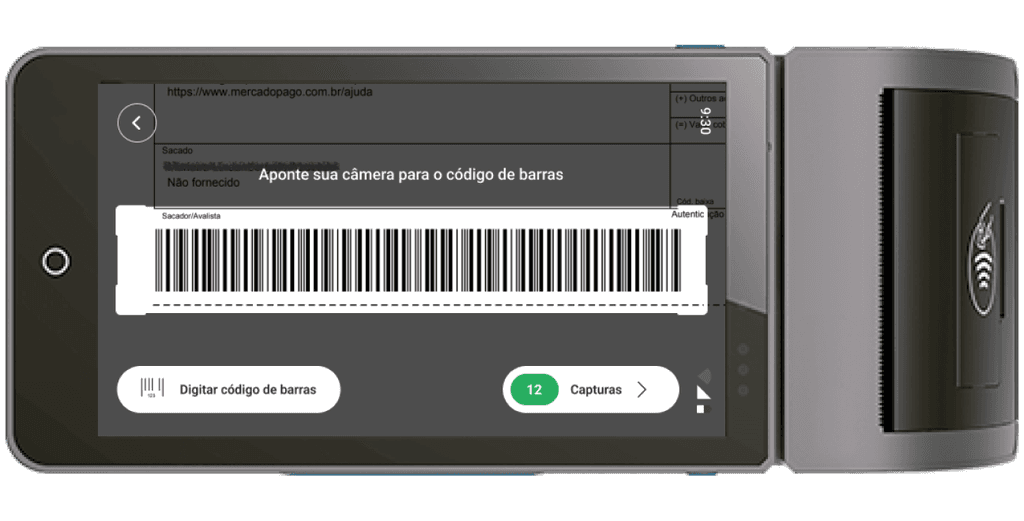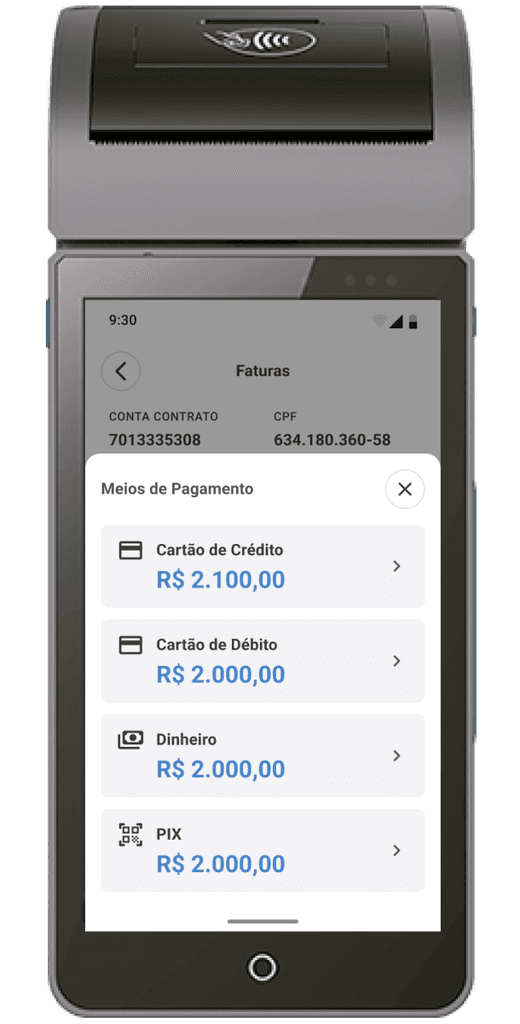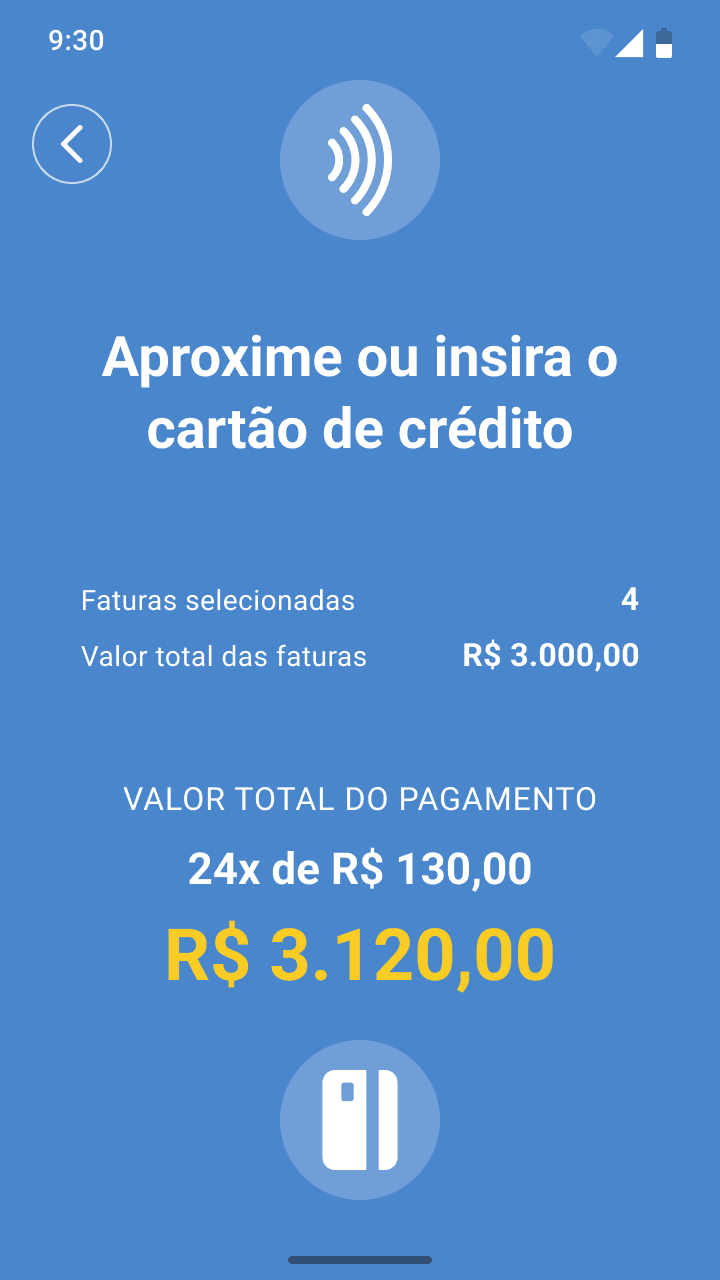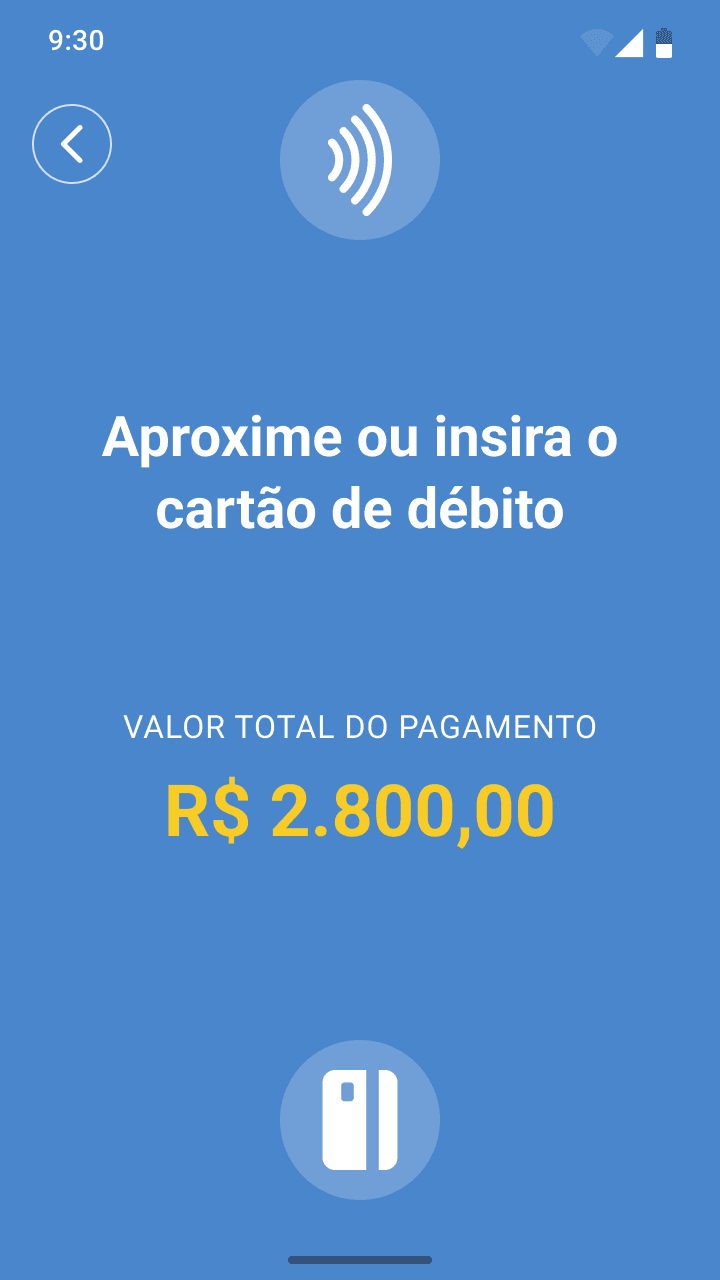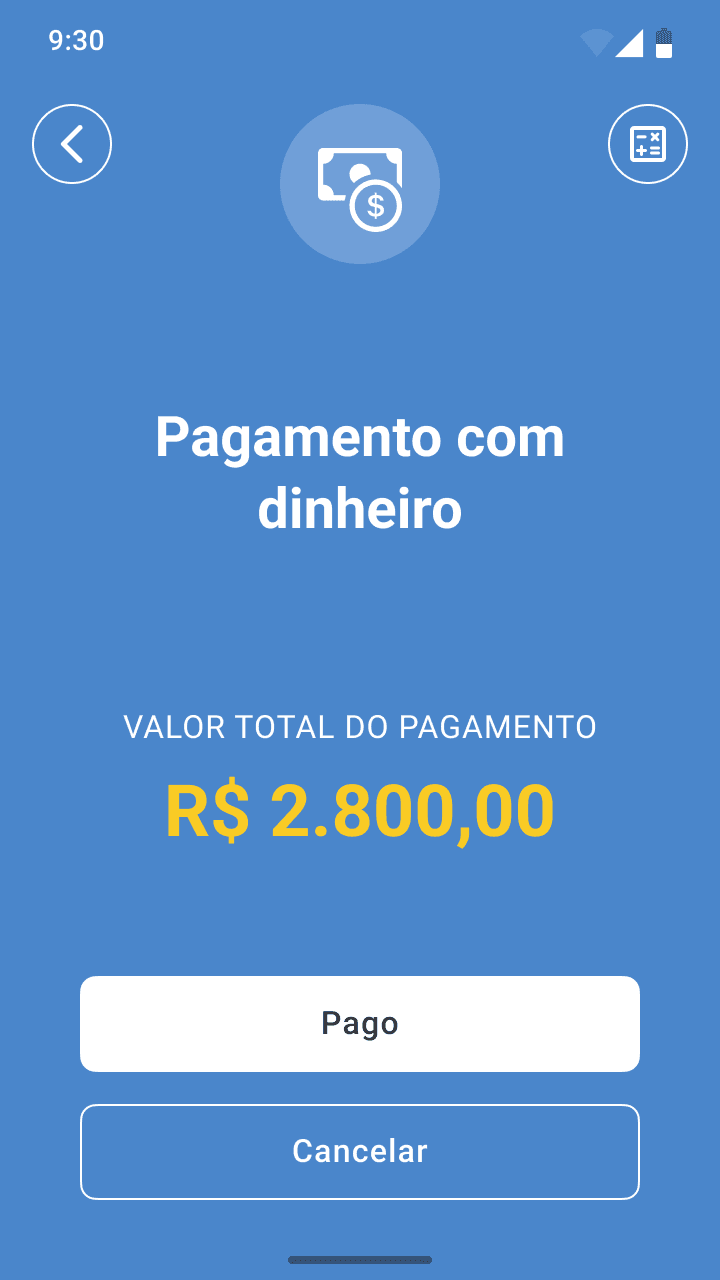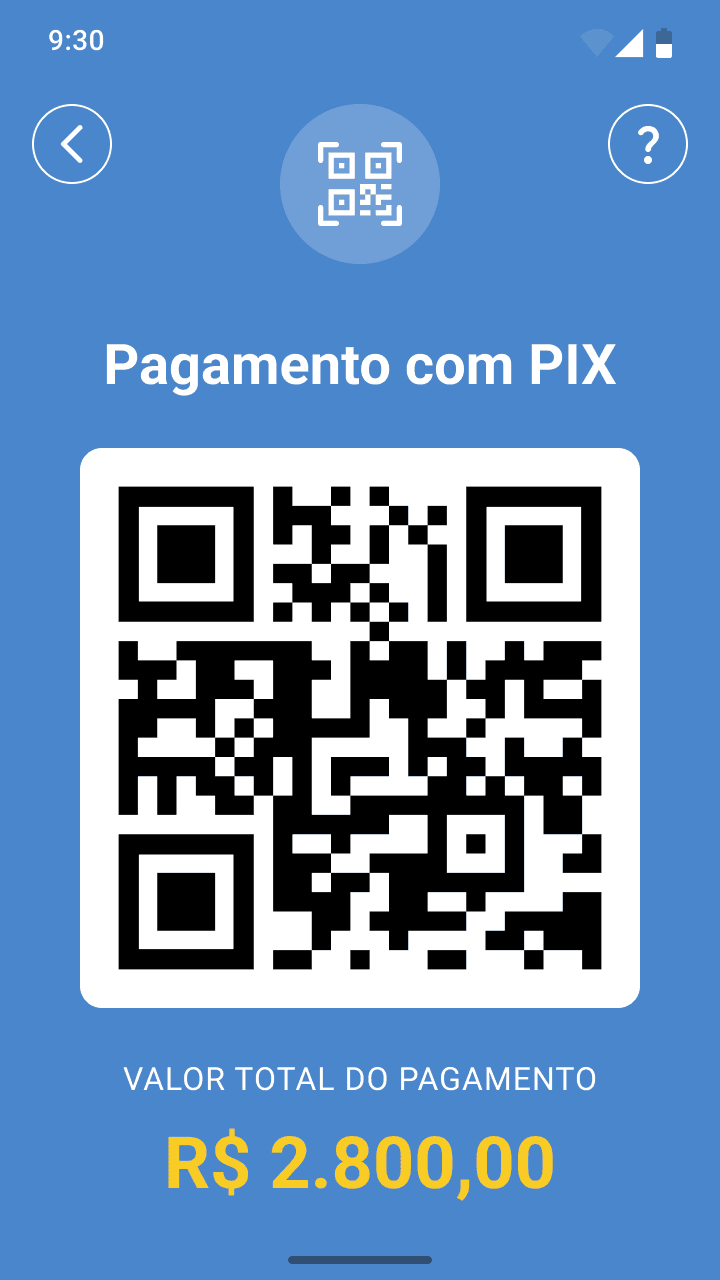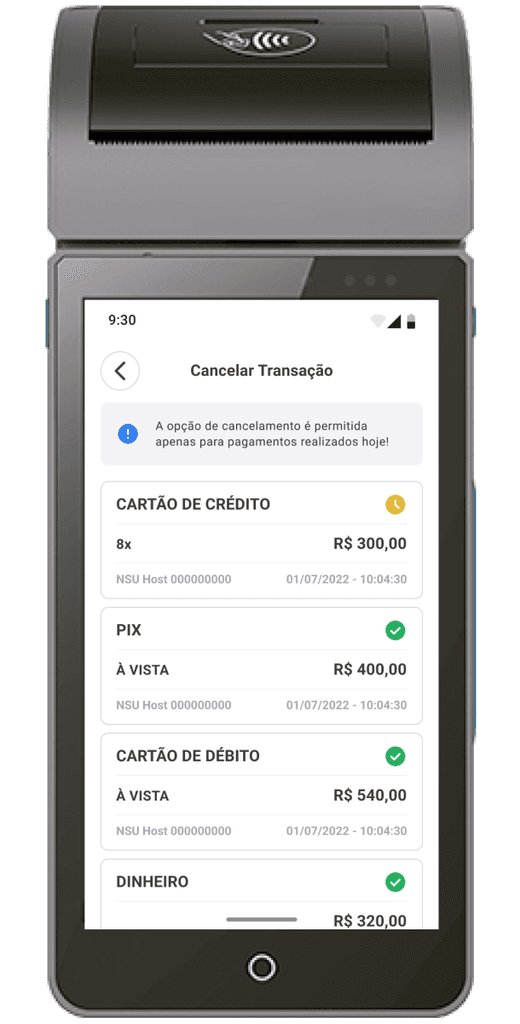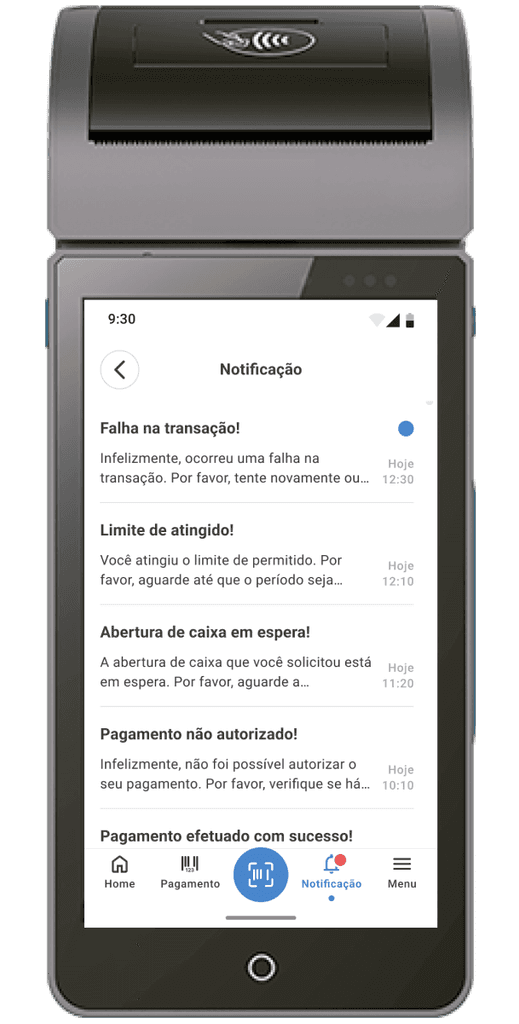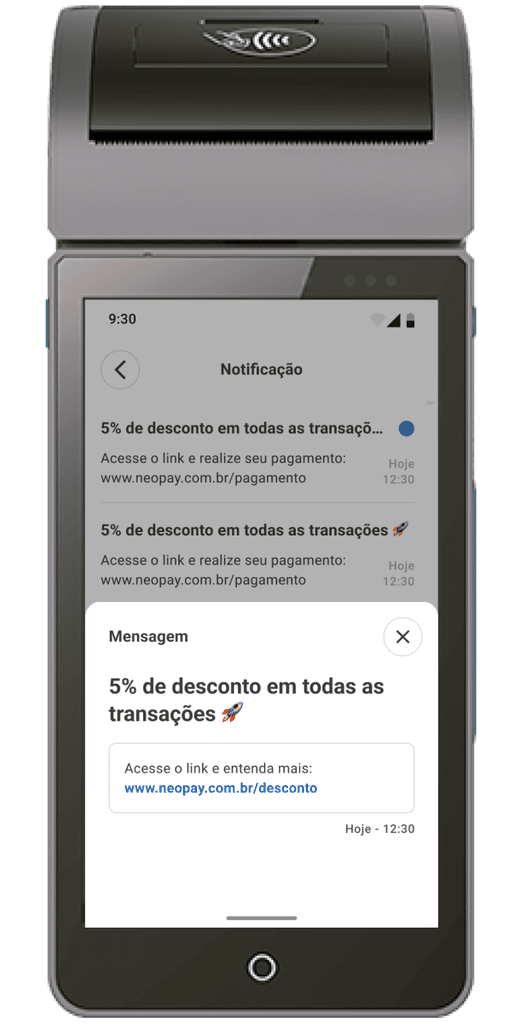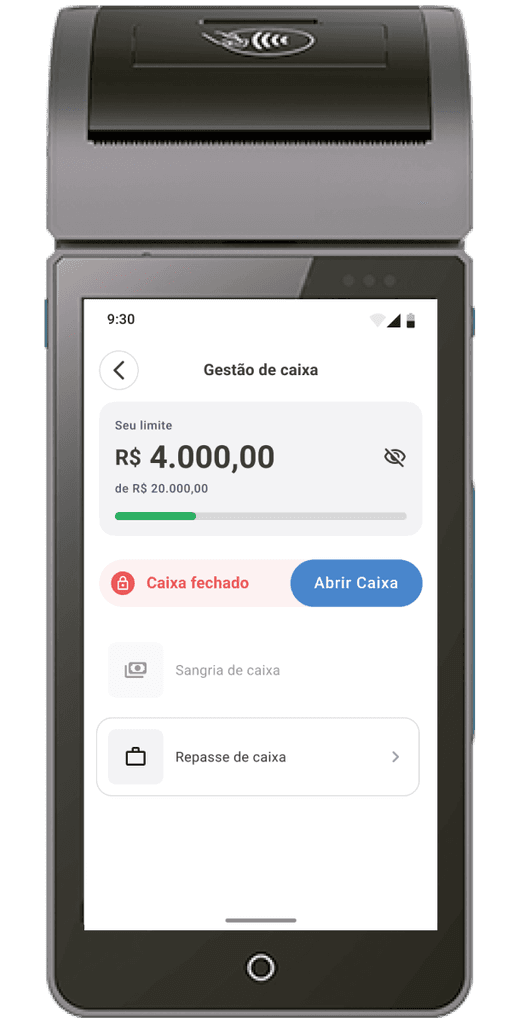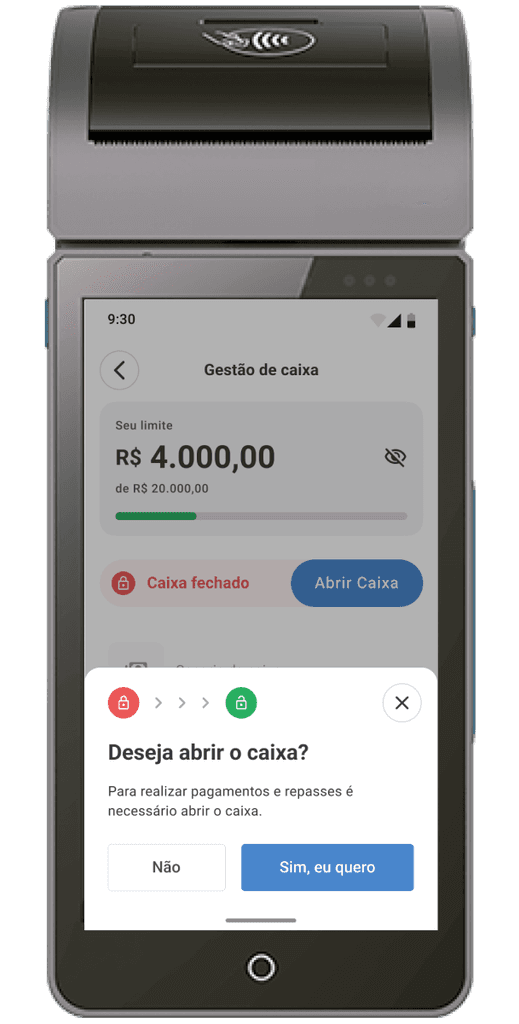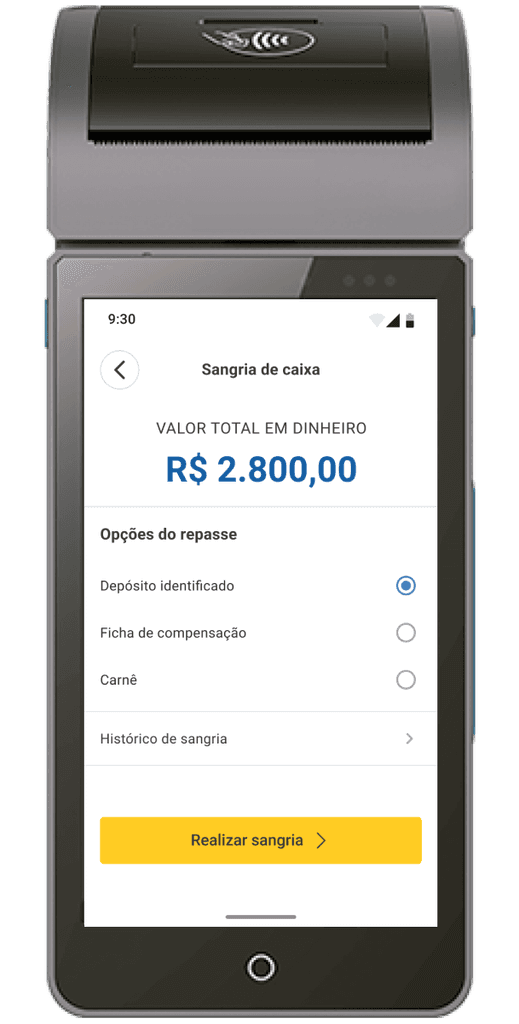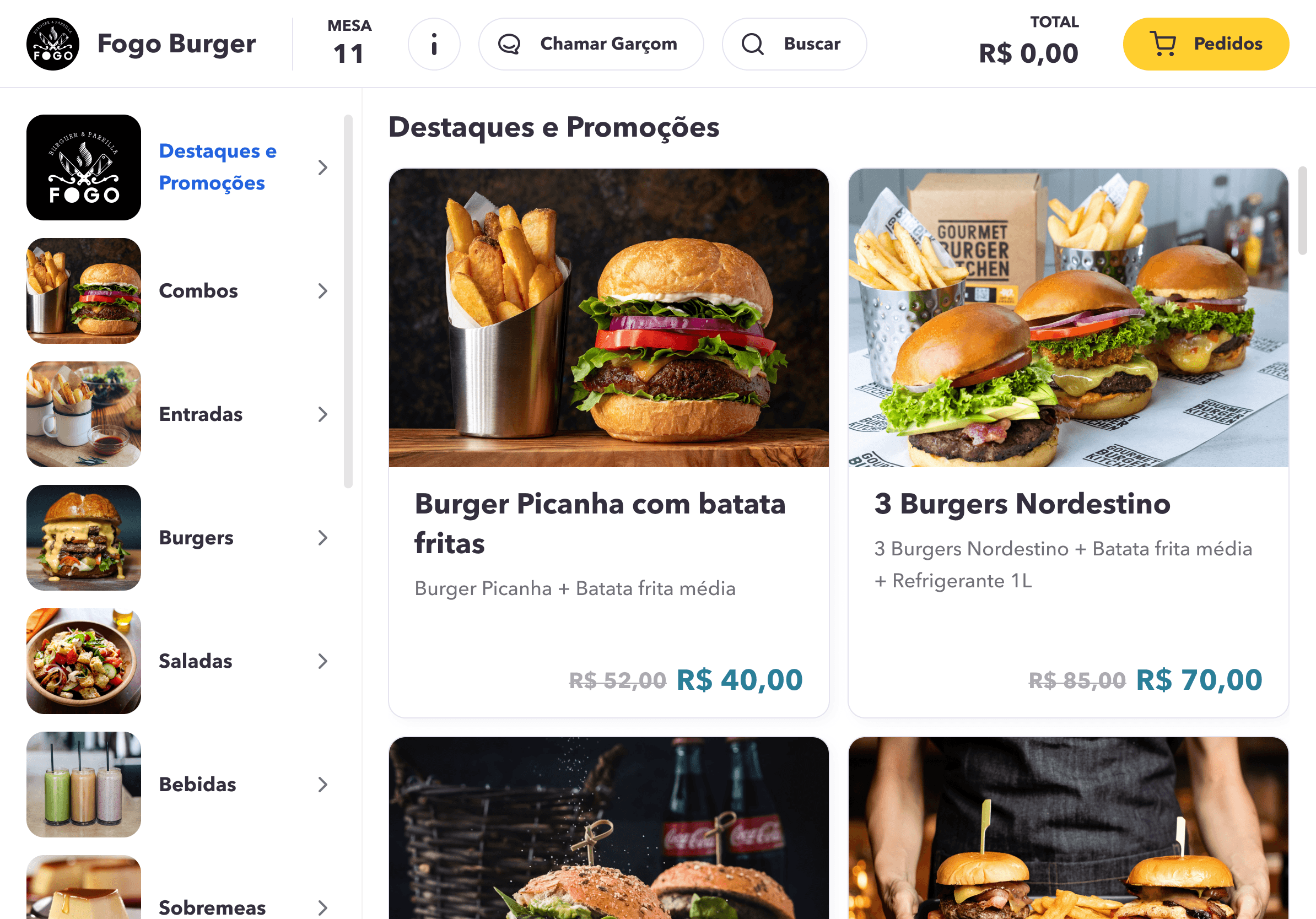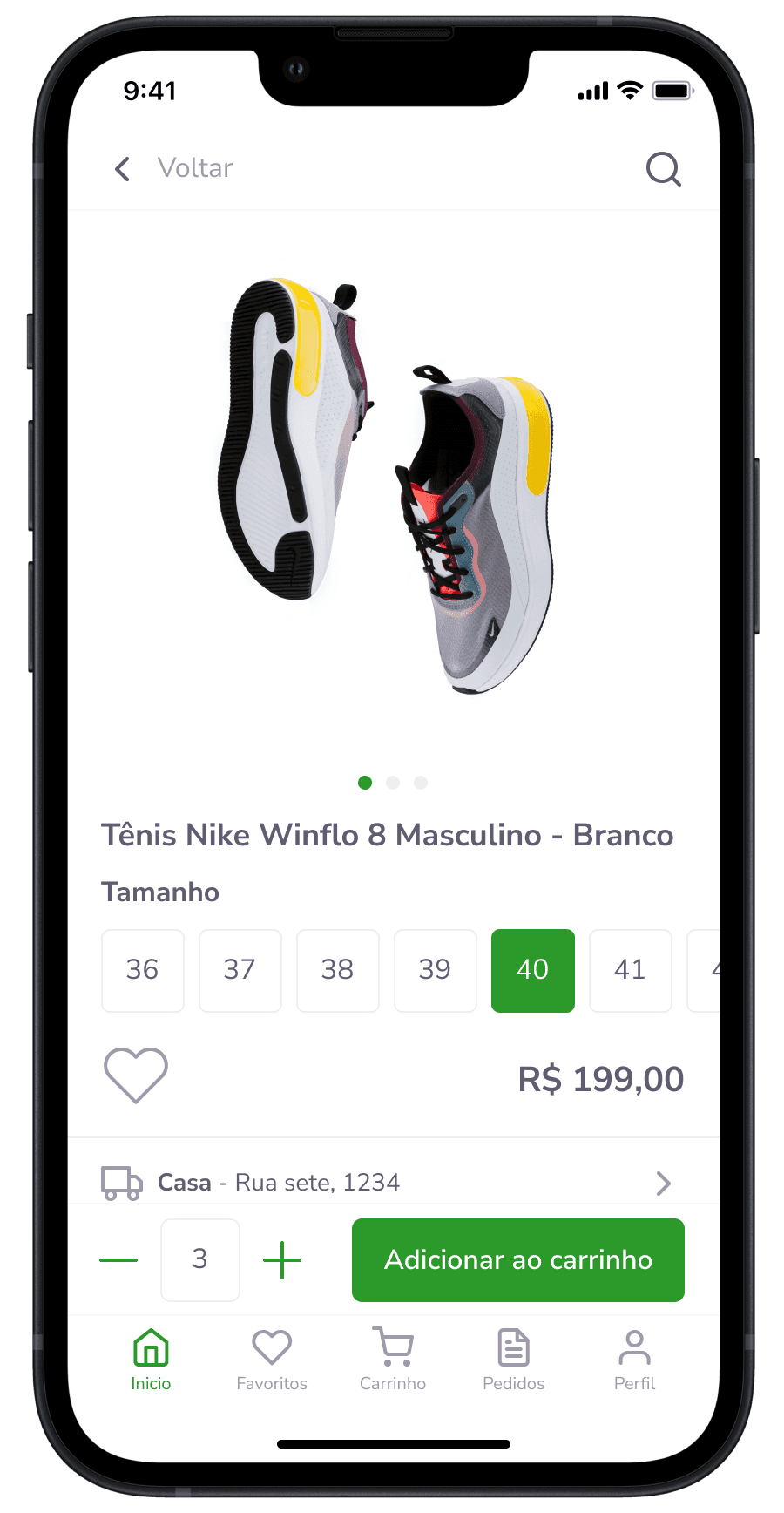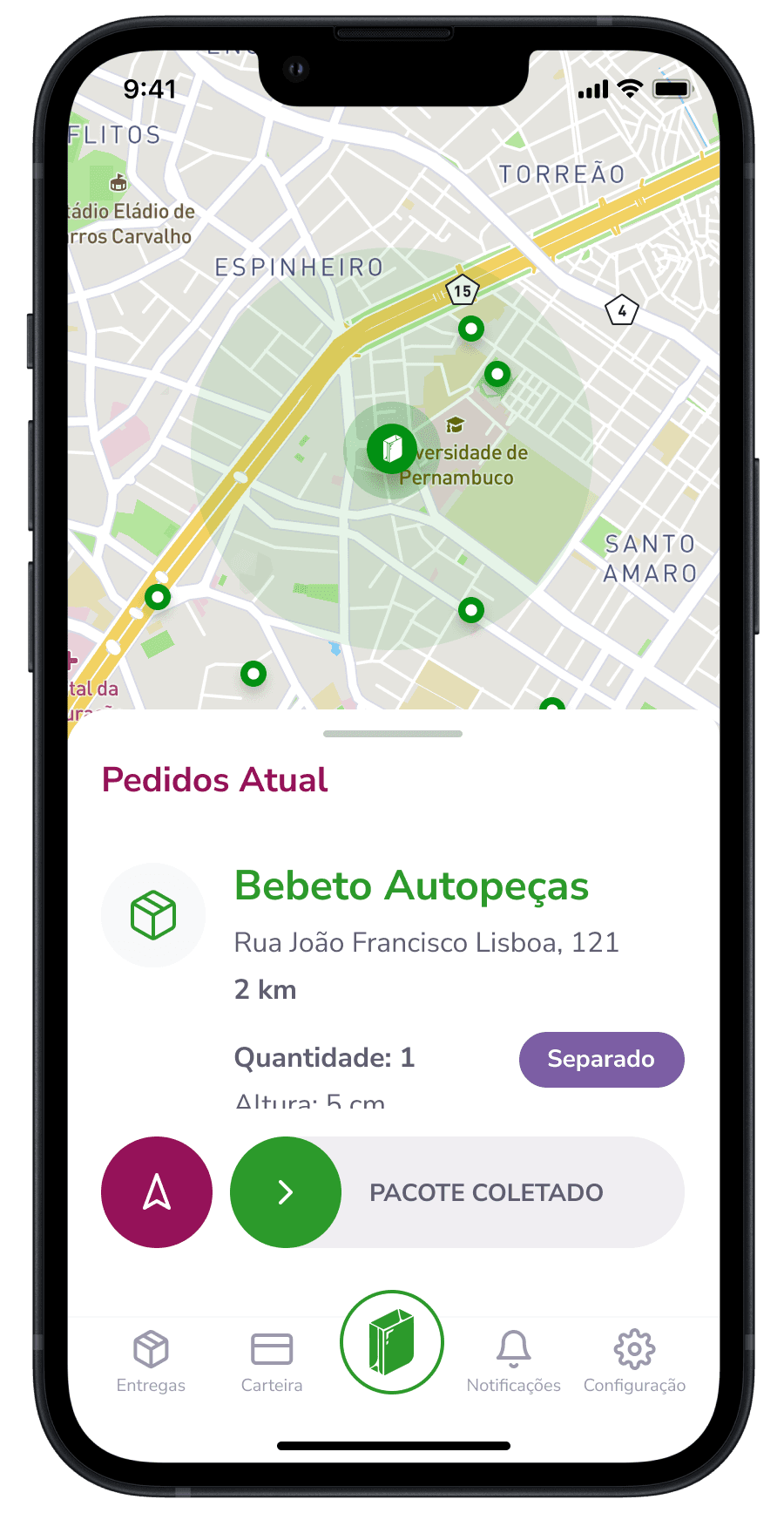Neopay
Developing a POS App to facilitate utility payments
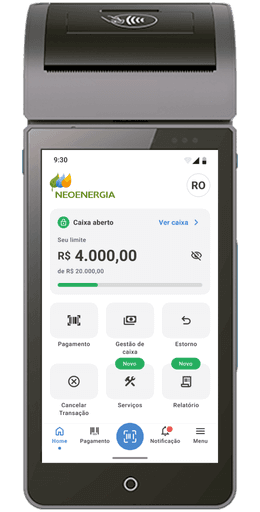

Company
Flexpag, a fintech subsidiary of Serasa Experian, offers tailored electronic payment solutions through an integrated platform, serving sectors such as Energy, Water, Gas, Telecom, DMV, and Government.

Client
Neoenergia is one of the major players in the energy sector in Brazil, boasting assets for distributing, generating, transmitting, and selling energy in 19 Brazilian states.
Neopay (internally known as Flexhub) is a white-label POS application developed by Flexpag for the Neoenergia Group. It enables field operators to look up customer invoices and process payments directly through the app, helping make bill payments more accessible and affordable for customers.
My contribution
I joined Flexpag as the company's first designer on top of the work that was initially designed by their engineers, collaborating with the product owner and development team to enhance their products through the design process. Over three years, I played a key role in developing multiple products for our clients, considering and creating a more solid connection between the design initiatives and the business goals, helping them to build a design culture from the ground up.
Monthly revenue grow from R$350,000 to
R$90 million
Workforce from 20 to
180
Potential users more than
200 million
Problem
Neoenergia relied on outdated POS devices with poor performance, text-only interfaces, and low payment security.
Neopay was created to modernize this system with a secure, Android-based solution — offering a better user experience and room for future features.
The project aimed to replace 500 legacy terminals with 3,000 new devices, starting in five Brazilian states.
Challenge
Design an Android POS application that takes full advantage of the device’s hardware, including the built-in camera and printer.
The solution needed to provide a fast, intuitive workflow to help operators deliver services efficiently, even under time pressure.
Accessibility was a key concern, as the app would often be used outdoors, in bright sunlight and by users with varying levels of digital literacy.
Understanding the Current Product
To gain insight into the operators' experience, we tested the existing device with them to evaluate its performance in real-world contexts and identify any pain points. The current product was an outdated POS model with a text-only interface and slow performance. Given these limitations, we decided to approach this new project as a completely distinct product rather than as an evolution of the existing one.
Old - POS Verifone VX680 (500 units)
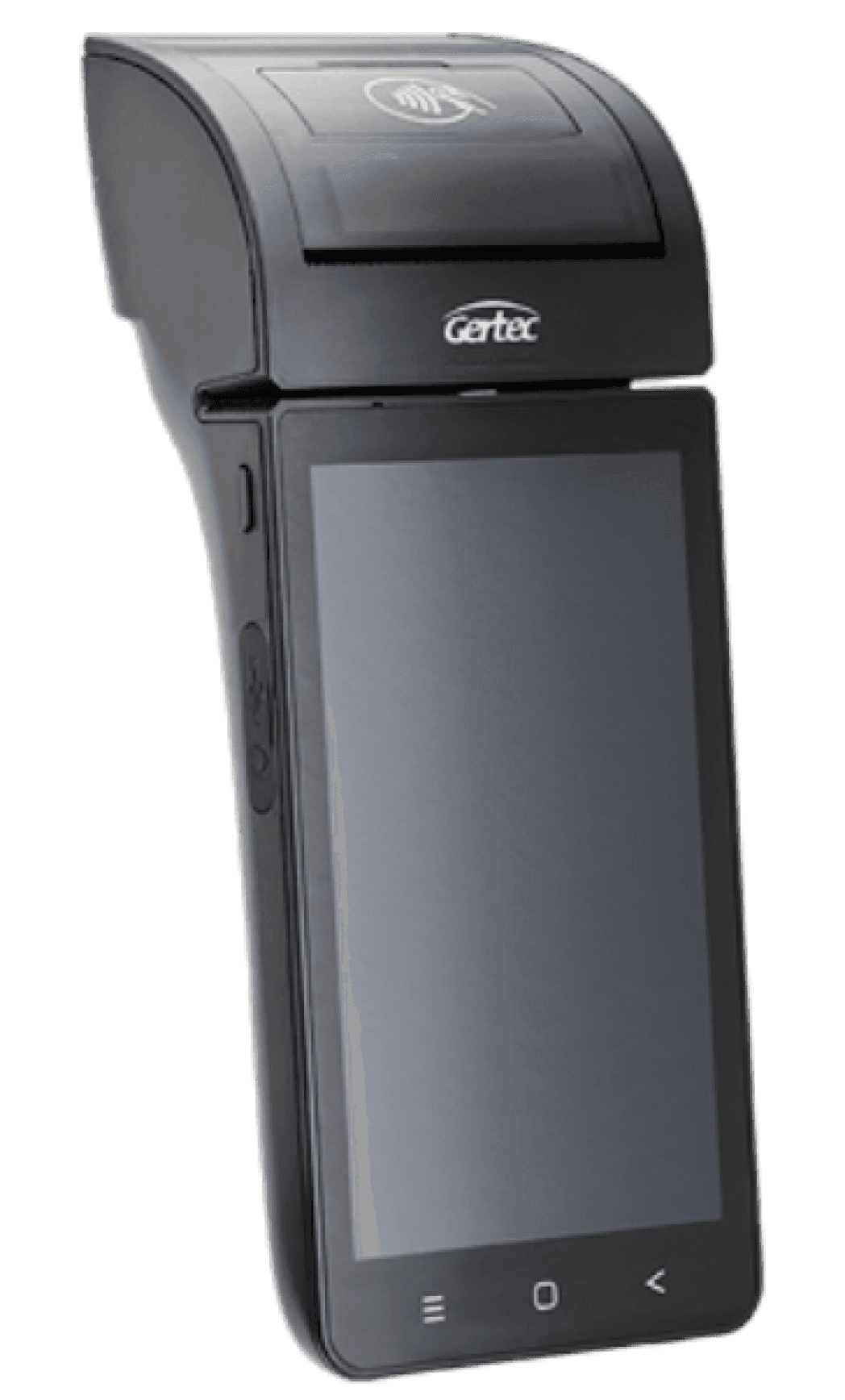
New - POS Gertec GPOS 700 (3.000 units)
Competitors Analysis
To ensure a better analysis, we didn't limit our research to just other POS systems, but also delved into smartphone apps with comparable functionalities, considering that our application is designed for Android devices.


Stone and Cielo LIO are the most common POS devices in the Brazilian market, they are dedicated devices for making payments.


Mercado Pago and Picpay are apps for smartphones that can be installed by any user, with payment functions and other services.
Analysis Finds
Apps can be installed in Stone and Cielo, thus adding more functions to the device.
No one can pay with more than one card or with more than one payment method at the same transition.
All can scan and pay slips and PIX.
Some have the possibility of paying bills generated in other institutions, but none can make payments on energy bills directly.
User Interviews
4 People interviewed
The interviews were made with two internal and two external Neoenergia operators, focusing on understanding their routines in their daily work. The idea was to gather insights into their experiences and needs.

"The POS is very slow and sometimes crashes, so taking a long time to serve the customer."

"I am unable to confirm the past payments on the POS beyond the printed receipt."

"The device does not have a camera to read the barcode or QR-Code."

“ I have to pick up one account at a time, so taking a long time to complete customer service”.

"We don't have the possibility to pay with more than one card or other payment methods".

“I can't cancel a purchase through the POS, I have to call the company to cancel it”.
Personas
Based on the insights gathered from user interviews, we developed 2 distinct personas to ensure that the POS system is tailored to the specific needs and preferences of our target users. By keeping these personas in mind throughout the development process, we aim to create a more user-centric and effective solution.

Manoel Marcos
External consultant
An external consultant who visits customers' residences to inform them about their outstanding debts.
Pain Point
Do not have the capability to provide customers with an instant payment method.

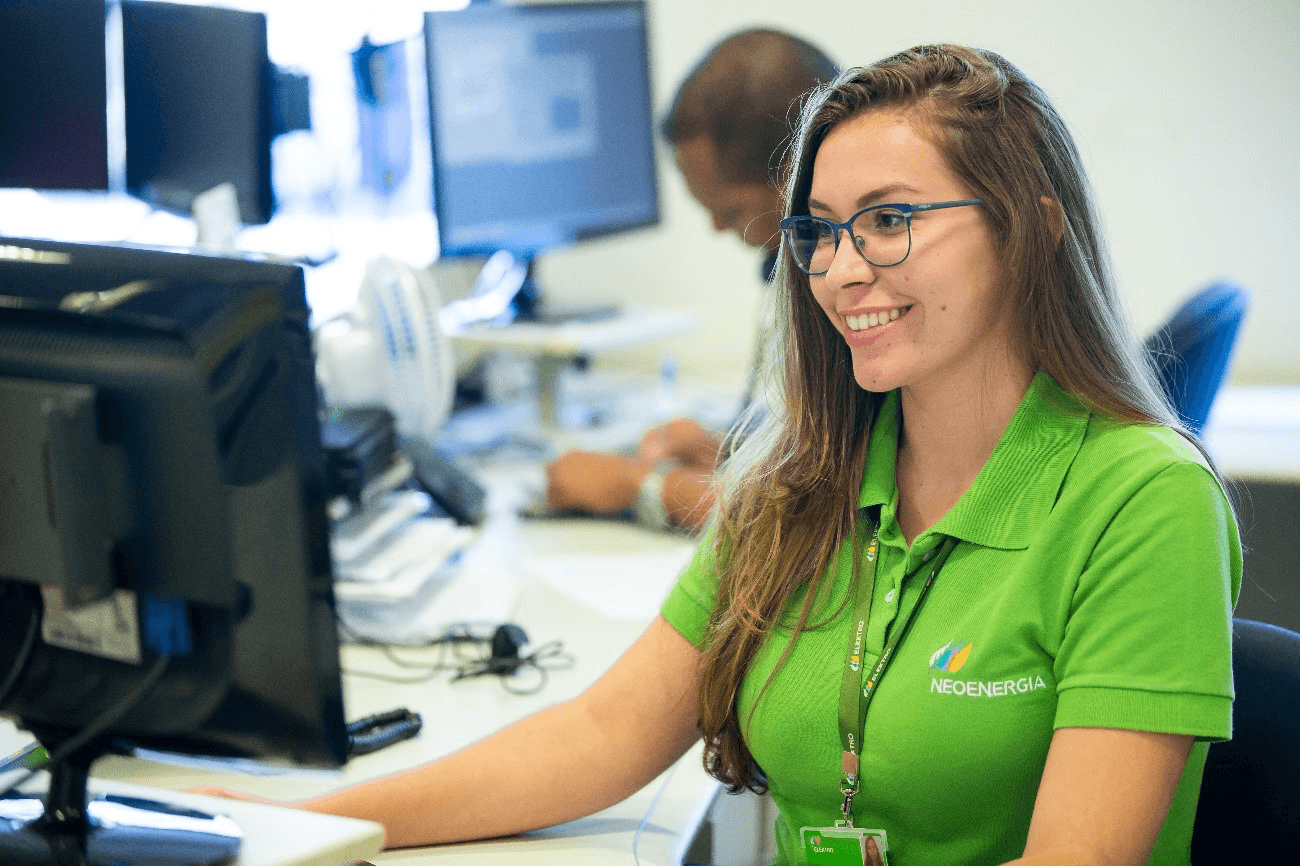
Camila Beatriz
On Place Consultant
Neoenergia employees are conveniently stationed at established service centers, providing expert consultation and facilitating energy bill payments.
Pain Point
Would like a portable device equipped with all the necessary functions to help customers check and pay their energy bills.
Prioritizing
With the essential features discovered in research and some already defined by the client, we came up with a roadmap with what would be delivered on MVP and upcoming versions.
Prioritizing - Now / next / later
V1
MVP
Payment options: debit card, credit card, PIX, and cash.
Ability to scan barcodes from multiple slips and pay in a single transaction.
Energy bill consultations with the option to print and/or pay the bill.
Feature to enable and disable transactions.
Money transfer capabilities.
Transaction cancellation.
Notification center for updates and alerts.
V2
PIX installment payments (currently being developed in another company product).
Ability to use multiple payment methods in a single transaction.
Option to pay with more than one card.
Help Center for customer support.
Various additional services.
Option to apply discount coupons.
Sitemap
A sitemap was used to provide an overview of the entire app, helping us understand the project's complexity and depth.
Styleguide
A set of standards was delivered to the developers to facilitate the creation of the product, minimizing errors and ensuring consistency across all developed pages.
Design and features
Scanning of payment slips
Credit card
Debit card
Cash
PIX
Transaction history and cancellation
Notification center
Money management
Money transfer
In Progress
During this project, our goal was to consistently advance the design by tracking metrics and conducting research to validate our decisions. We aimed to reach a high level of design maturity while achieving the company's objectives.

